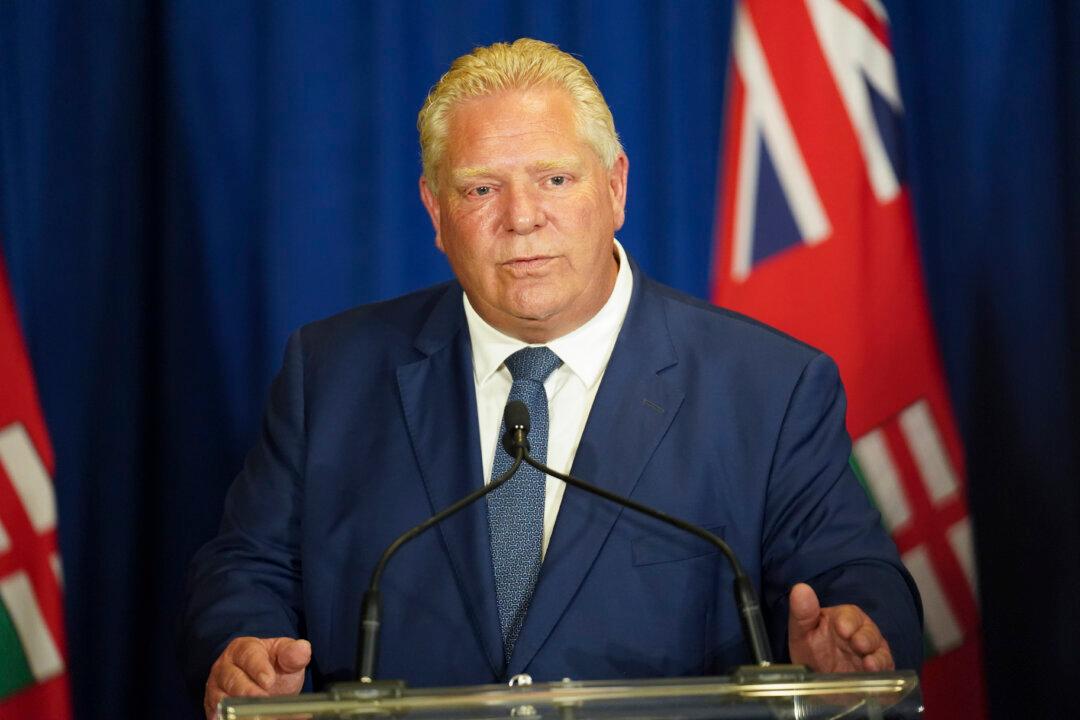Ontario Premier Doug Ford says Canada could help fill the U.S. resource gap following China’s ban on the export of critical minerals in retaliation for U.S. semiconductor restrictions.
“This is another wake-up call. For too long, China has cornered the global market for critical minerals. Ontario has the resources to fill the gap as the U.S. and our allies decouple from China,” Ford wrote on the social media platform X on Dec. 3 in reaction to China’s export ban.





